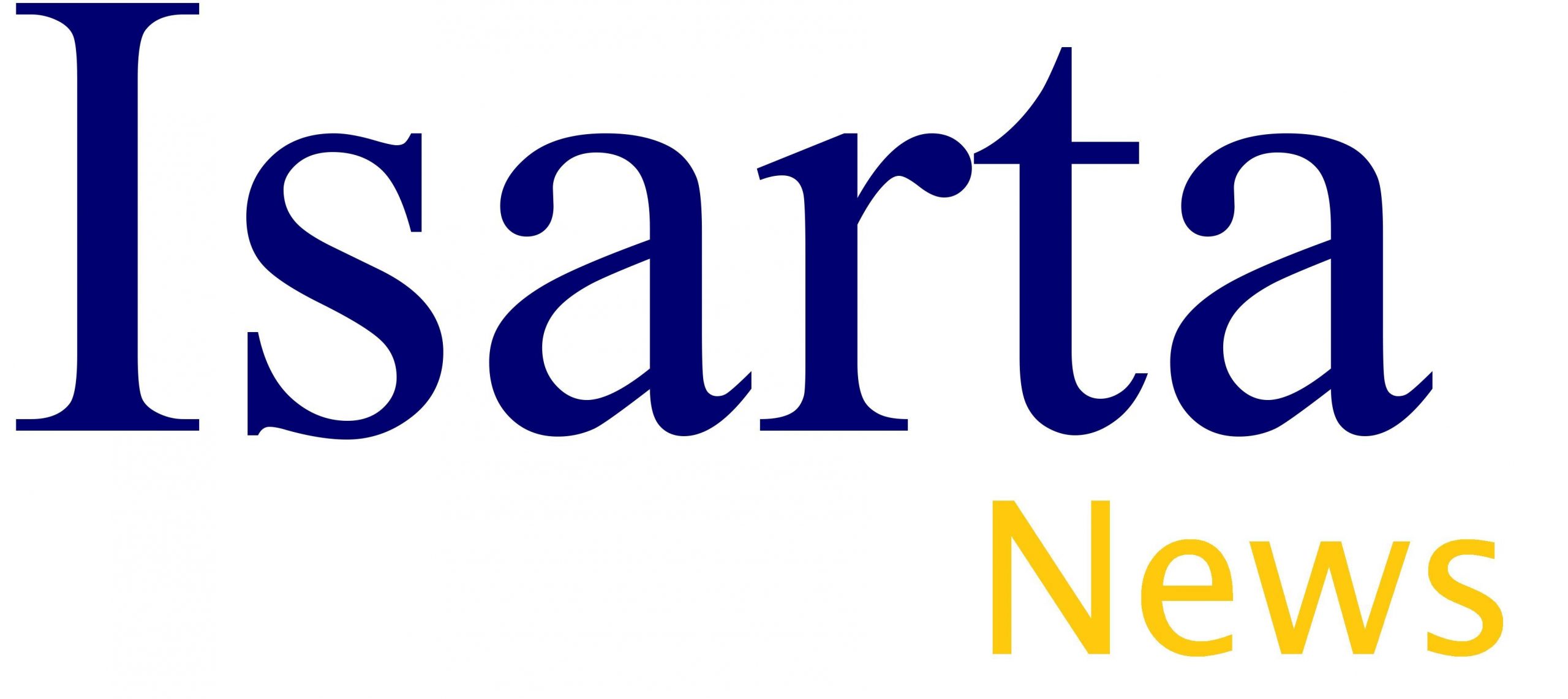Several studies have recently looked into the growing impact of artificial intelligence (AI) and automation in the field of human resources (HR). Isarta has compiled them for you.
Definition
In the HR context, AI is defined as a broad range of software algorithms that allow a computer to perform HR management activities that would normally require human cognition and intervention. This includes data-driven decision-making, behavior analysis, trend prediction, and much more.
AI in Recruitment and HR Management
According to an IDC FutureScape prediction, by 2024, 80% of the world’s 2,000 largest companies will use AI in their HR processes. This includes activities such as recruitment, training, performance evaluation, and even decision-making regarding layoffs.
However, integrating AI into HR is not without challenges. A study by the Society for Human Resources (SHRM) in the United States, involving more than 1,600 HR professionals, revealed that 19% of companies that adopted AI experienced situations where qualified candidates were overlooked or excluded due to automation errors.
Which HR Jobs are Impacted by AI?
According to a recent 2023 study conducted by the HR innovation research firm, Tomorrow Theory, in collaboration with several key players in the human resources industry, the impact of AI on HR functions is both fascinating and revealing.
The study shows that some HR functions are more likely to be automated than others. And the trend is clear: the more technical positions, less focused on human interactions, are at the forefront. Conversely, roles centered on human relationships seem more resistant to this wave of automation.
At the top of the list, with a high probability of automating 80% of their tasks in the coming years, we find:
- Administrative Assistant
- Payroll Manager
- Recruiter
- Compensation Analyst These positions, although crucial, involve many repetitive and standardized tasks, ideal for AI.
At the other end of the spectrum, the positions less likely to be affected by automation are:
- Employee Engagement Manager
- Organizational Development Manager
- Personal Development Coach
- Human Resources Manager These roles require a deep understanding of human dynamics, empathy, and the ability to handle complex situations, areas where AI still struggles to compete with humans.
So, while AI promises to bring efficiency and innovation to the HR field, it will never completely replace the human touch, especially in functions that require a genuine human connection.
What are the Benefits of AI for HR?
- Cost Reduction: Automating repetitive tasks leads to significant savings.
- Strengthened Strategic Role: HR professionals can focus on higher-value tasks, letting AI handle routine tasks.
- Increased Efficiency: AI can also process and analyze vast amounts of data much faster than humans, allowing for informed decisions in record time.
Current State of AI Usage in HR Activities
AI is already being used in numerous HR tools and platforms. Examples include the ChatGPT API, which allows for real-time interactions with candidates, recruitment chatbots that streamline the hiring process, automated CV analysis to identify the best candidates, and automated response systems to handle common employee queries.
The SHRM study has shown that larger companies are more inclined to adopt AI for their HR activities. And it makes sense. With their significant administrative volume, these companies feel a greater need for automated solutions to lighten the load. On the other hand, for smaller structures, manual management often remains the norm.
The areas where AI is most commonly used are, in order, recruitment and hiring (79%), training and professional development (41%), followed further by performance and productivity management.
Adopting AI in recruitment and hiring is not just a technological whim. It addresses concrete business needs, and the numbers prove it:
- Efficiency and Time Savings: 85% of companies use AI to save time and increase efficiency.
- Identification of Best Candidates: 44% of companies believe that AI has strengthened their ability to find the most qualified candidates.
- Bias Reduction: 30% of companies have noticed an improvement in reducing bias in hiring decisions thanks to AI.
- Candidate Diversity: 18% of companies claim that AI helps them identify a more diverse range of candidates.
- Improvement in the Quantity of Applications and Time Required to Fill Vacancies: More than two-thirds of HR professionals using AI in their organization have noticed an improvement in the number of applications to review, as well as a reduction in the time required to fill vacant positions.
- Quality of Hires: Nearly 3 out of 5 HR professionals (or 60%) believe that the quality of hires has improved thanks to AI.
In summary, AI is not just a futuristic technology; it is already a reality that is transforming the recruitment landscape.
In addition to the benefits mentioned above, AI also offers the possibility of better employee performance evaluation, more efficient talent management, and a better understanding of employee needs and aspirations.
Transformations in the Role of HR Managers
With the advent of AI, the role of HR managers is evolving, as revealed by a study from the Chair of Research on Public Administration in the Digital Age at Laval University. Indeed, HR managers now need to have data analysis skills, understand algorithms, and be able to work closely with technical teams. Moreover, they must adopt a more strategic approach, using AI to anticipate future trends and challenges.
The role of HR is thus evolving towards more analytical and consultative functions. HR can now play a more strategic role in the company, directly contributing to business objectives.
The adoption of AI also presents challenges. Data quality is crucial for obtaining accurate results. Moreover, data security is a major concern, as is the validity of the results obtained by AI. Ethical questions, such as the potential bias of algorithms and the protection of privacy, must also be taken into account.
AI is revolutionizing the HR field, offering opportunities and challenges. To make the most of this technology, companies must be ready to invest, train their teams, and adopt a proactive approach. HR managers must also recognize that, despite the benefits of AI, the human factor remains essential. Machines can analyze data, but it’s humans who bring empathy, understanding, and the strategic vision needed for success.




